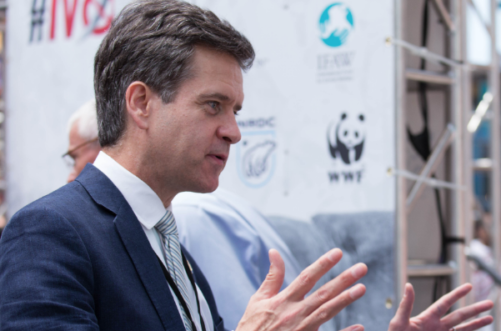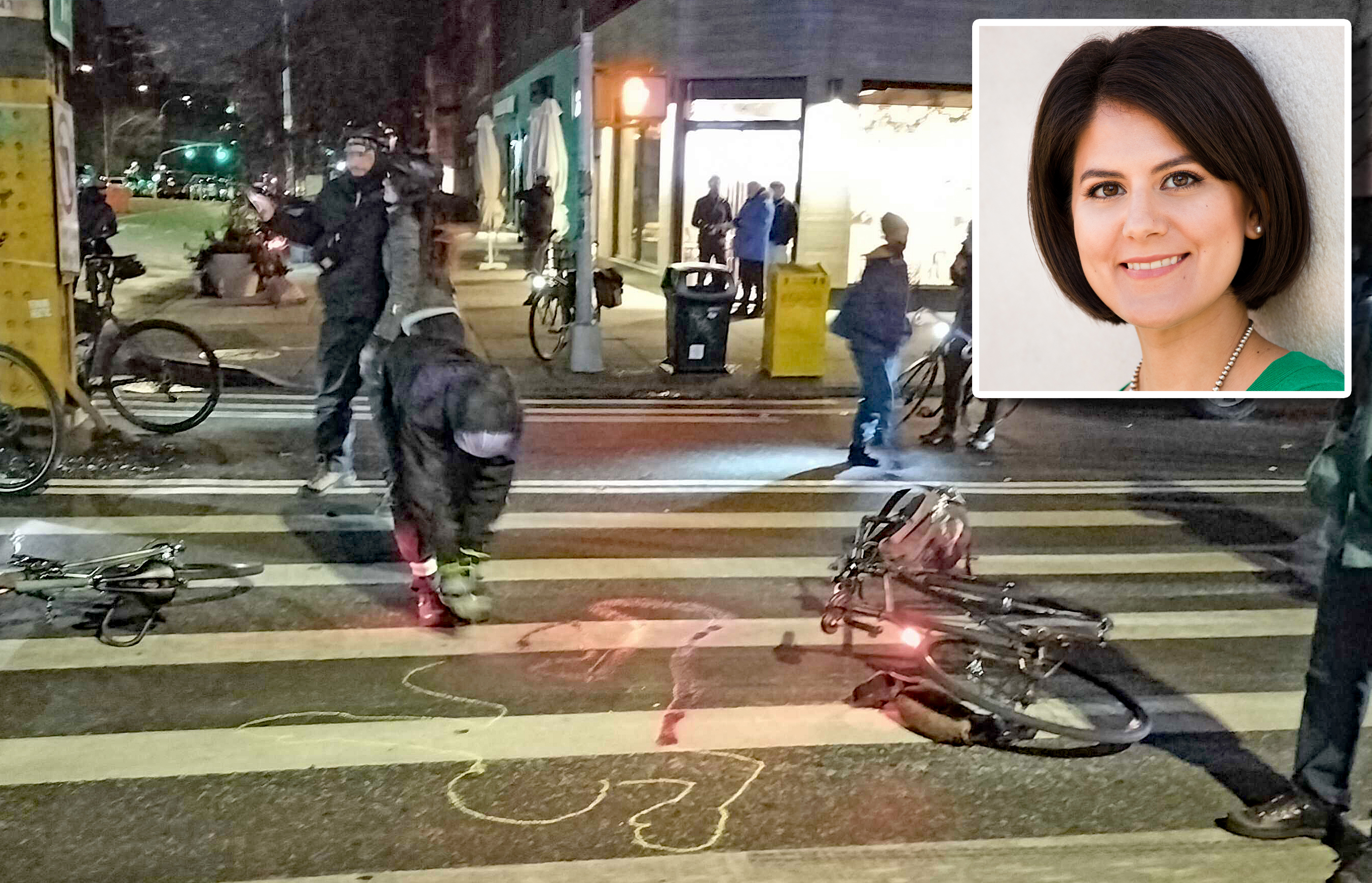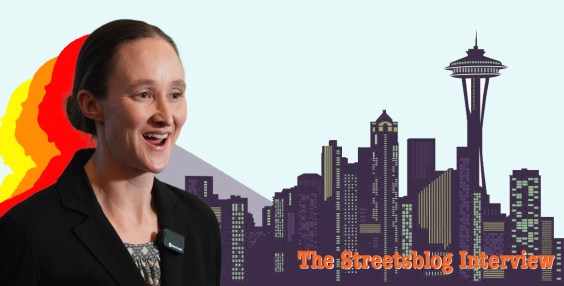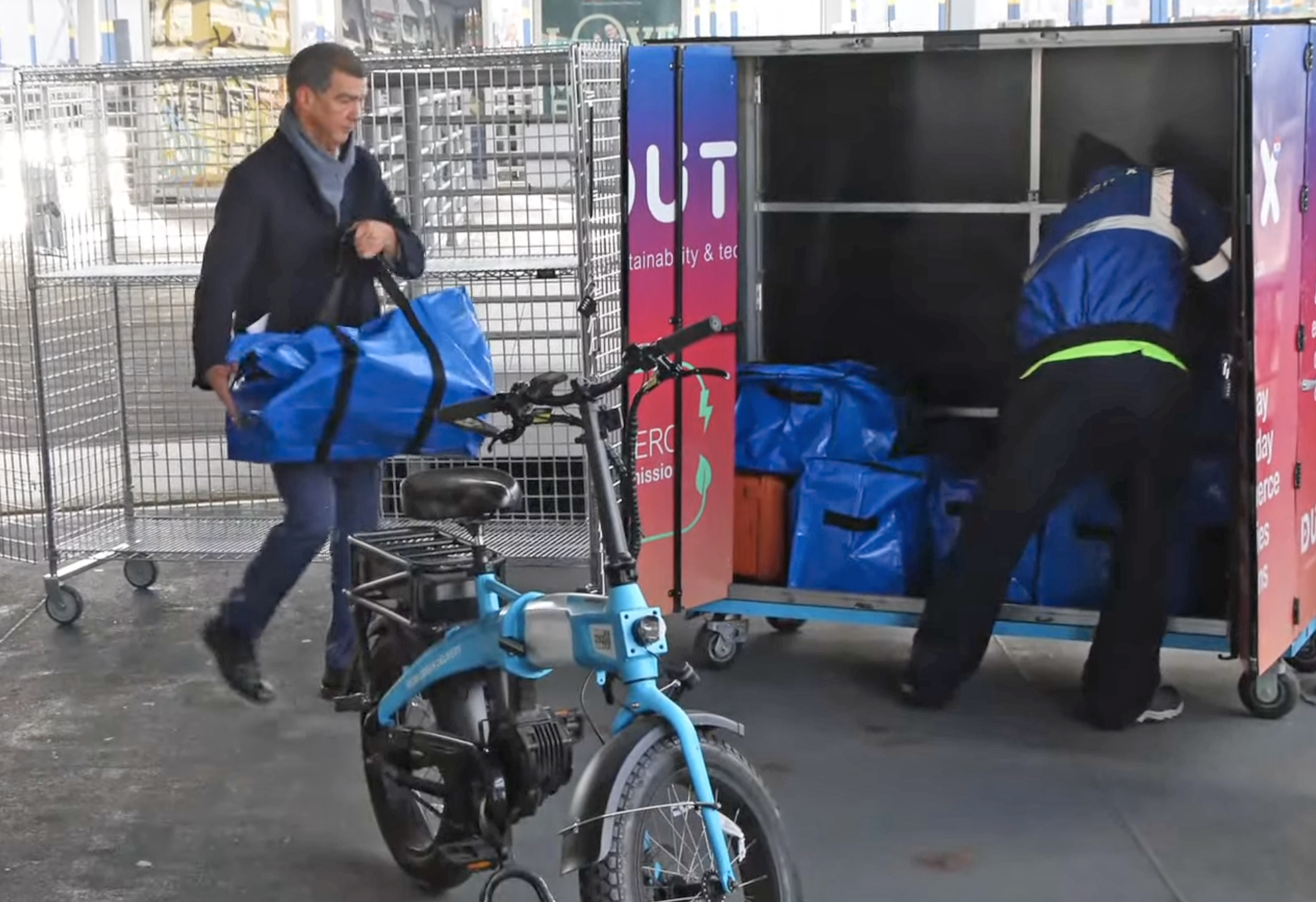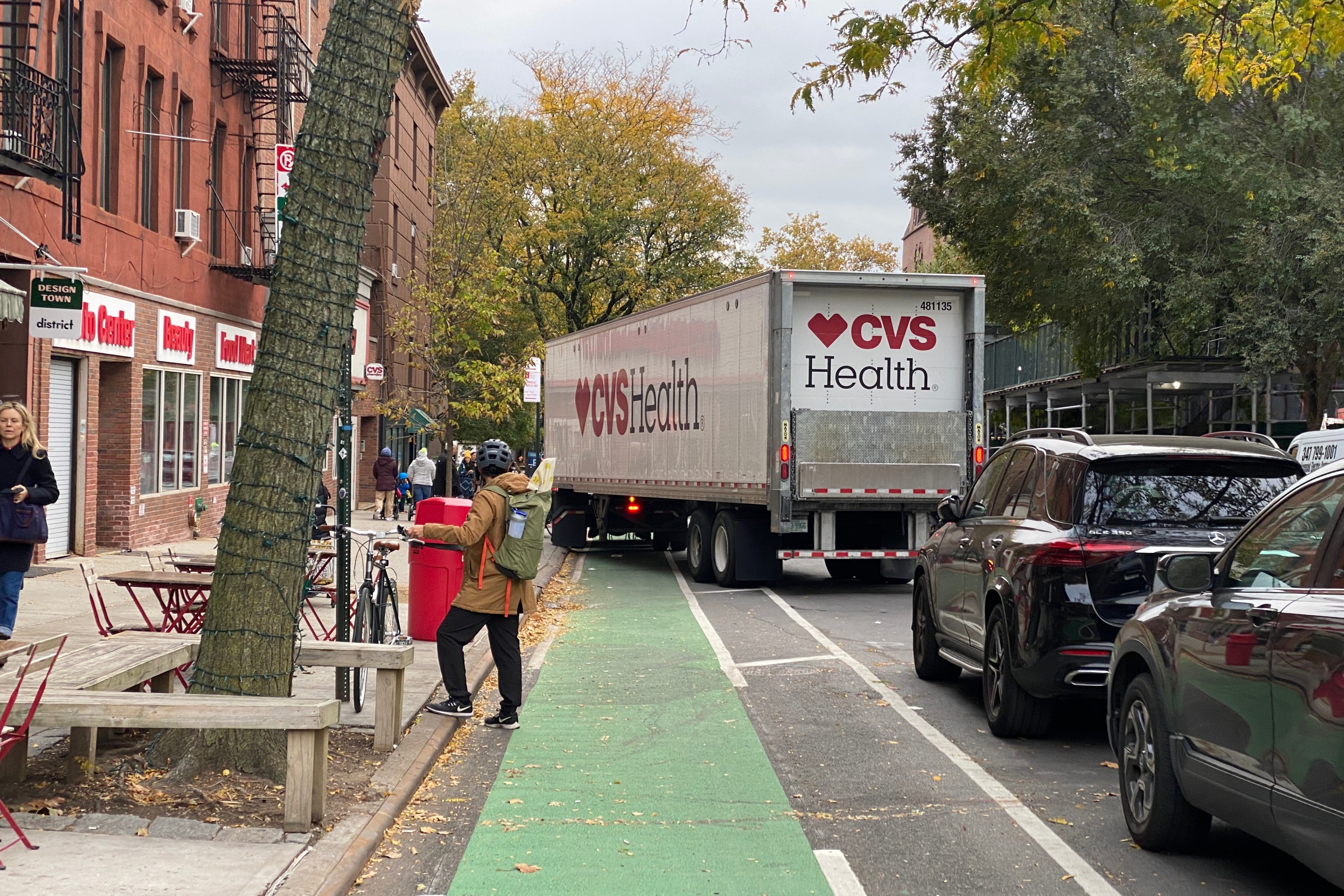State Senator Brad Hoylman was the lone Democratic vote against the state budget. Among the failings of the deal hashed out by Governor Cuomo and Albany legislative leaders, he said, was the failure to include the cordon toll recommended by the governor's Fix NYC panel.
"The Fix NYC panel was a good start," Hoylman said. "The issue is always, when it comes to good ideas in the budget, what are you willing to put your political capital behind?"
Hoylman, whose district stretches from the East Village to the Upper West Side, said he couldn't support the budget because the final deal abandoned congestion pricing and several other progressive priorities, including early voting, bail reform, and the New York Child Victims Act.
"These items didn’t fall off the table, they were throttled and strangled to death by the Senate Republicans, and others were not willing to put their muscle behind them and keep them in consideration," he said.
Because the budget enacted new fees on taxi and Uber trips in Manhattan below 96th Street but not a cordon toll, Manhattanites will pay far more than residents of any other boroughs, according to analyst Charles Komanoff, while congestion reduction will be minimal. Streetsblog has been contacting Manhattan representatives to get their take on this result. (Here’s what Assembly Member Deborah Glick, State Senator Brian Kavanagh, and Assembly Member Dan Quart told us.)
To Hoylman, a cordon toll is essential. "Look, I don’t have a problem with raising money from for-hire vehicles for mass transit, but I don’t think it’s going to do anything to reduce their numbers in Manhattan," he said. "Until we have a cordoned zone, with everything that encompasses a congestion charge, we’re not going to see any reduction in traffic and any serious revenue stream for the MTA.”
In Albany, rank-and-file legislators register their opinions on major legislation in closed-door sessions, and the final budget deal is the product of more closed-door negotiations between the governor and the leaders of the majority caucuses. The rank-and-file then vote on the product of those talks, but the whole process remains incredibly opaque.
As a member of the Senate minority, Hoylman's influence is very limited. He doesn't belong to the caucus that sent its leadership to hash out the budget package. If Democrats retake the State Senate in elections before the 2019 legislative session, that could change.
This time around, a "No" vote was Hoylman's option to register his dissatisfaction. “You’ve got to stand up and be counted," he said. "This isn’t good enough for commuters, pedestrian, cyclists, and everyone else who has a stake in our state budget, which is virtually the entire population of New York.”
